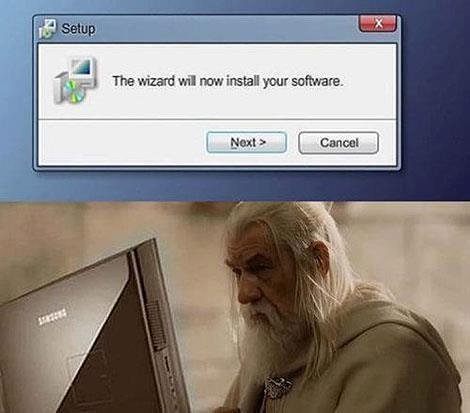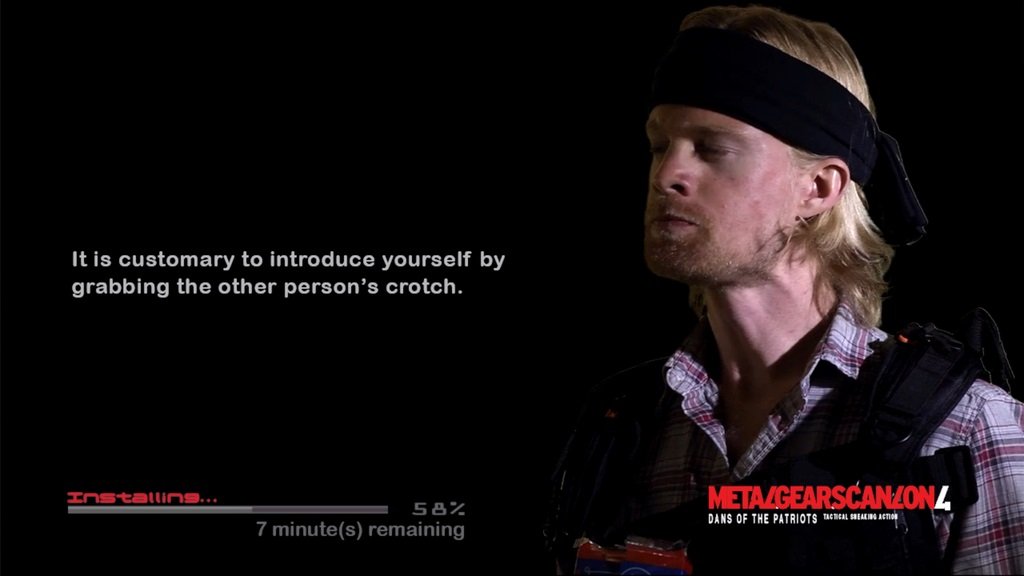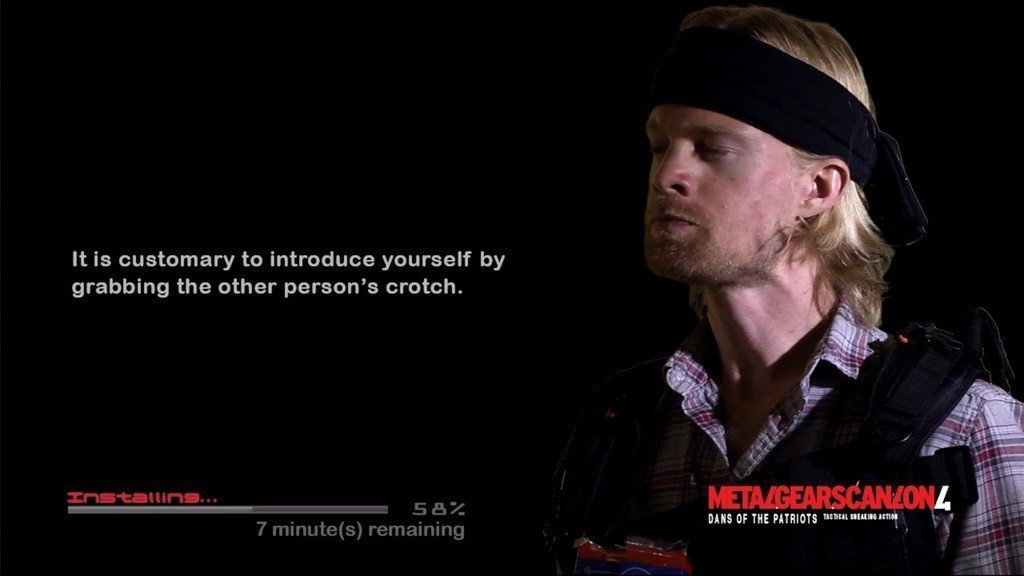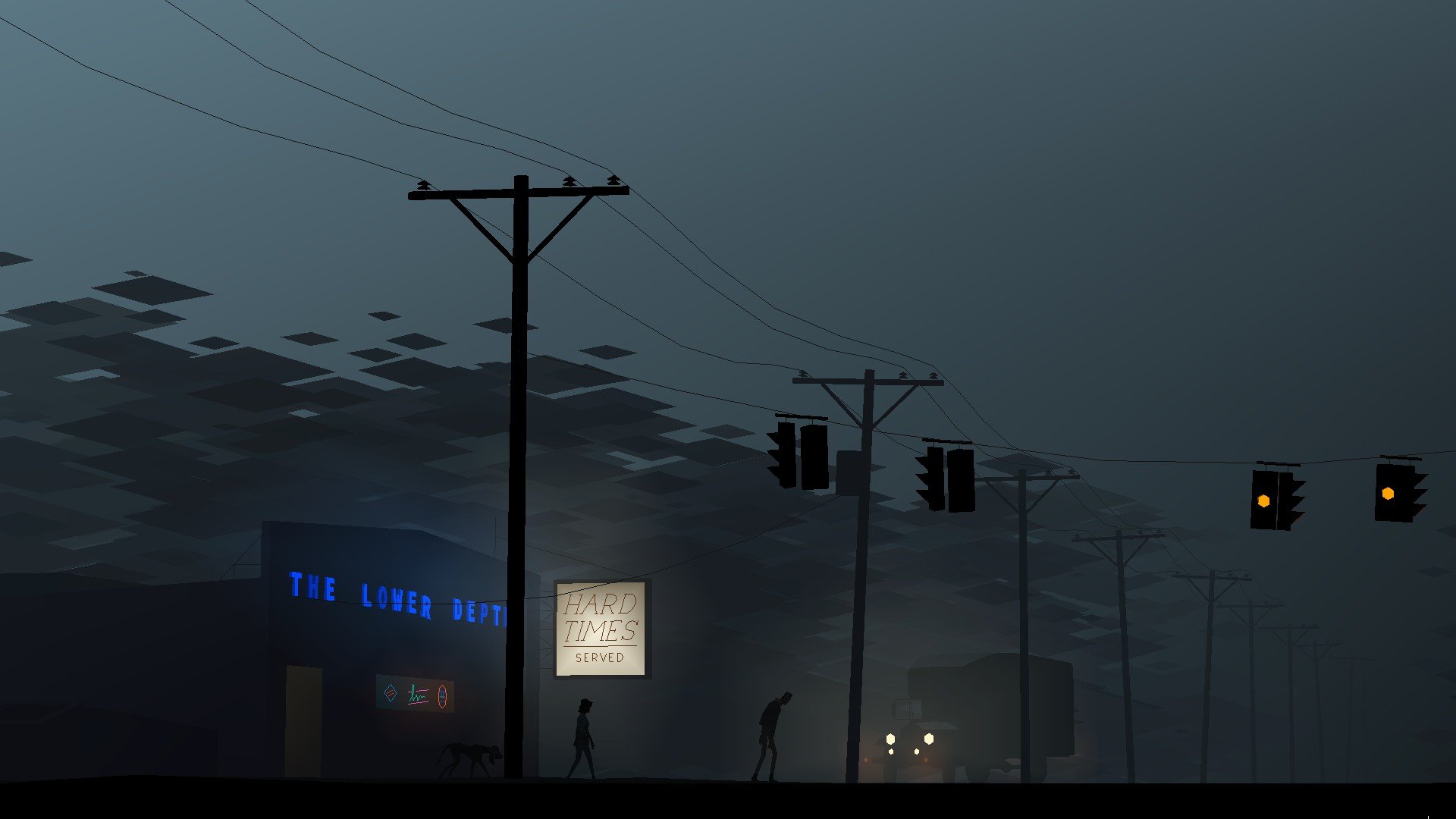
“The Internet… The Final Frontier… I think” – Richgels
“But I don’t want comfort. I want God, I want poetry, I want real danger, I want freedom, I want goodness. I want sin.”
Welcome back proud deacon! May the light of the Good Blogs guide your way through this fourth week of educational madness and turmoil. Hail great familial, hail the Good Blogs!
Digital Literacies have set the bar for one of the largest conglomeration of public knowledge, data, literacies, and communication in the history of our species. ‘Access’ is grand and open to all those who have the tools. Interestingly a large portion of the population even knows how to build these tools being computers. Even something like this, the creation of tools for access to literacy, was not possible and currently isn’t since a massive portion of the population cannot create an effective pencil. It sounds ridiculous, but the pencil has become so widely available that it blends into the background of education as an ‘always there’ tool, even if its users have no idea how it’s created and how to make one. We live in a time where those who have the knowledge and have access to the tools can create their own ‘tool’ of digital literacy… Unless of course you’re an Apple person.
Even ‘small’ instances like the hashtag, though begrudged by some, has led to millions of ‘strangers’ from all over the planet to be lead to singular point in time. Millions of ‘users’ tweeted about “#istandwithahmed”. Even if these ‘users’ didn’t ‘give’ to the cause, their multitude of voices were amplified to be recognized on the international stage as a singular instance of mass unification. That strength, that power, could not exist in a pre-digital world. What would have been a story told to us by ‘old media’ became a part of a generation through a simple symbol. That is an incredible amount of access that is all sponsored by “Twitter” which has unintentionally, at least at its conception, has created the framework for a new era of mass communication and political amplification. This digital literacy has granted an immense amount of access to those who otherwise would not. Their voices are now heard.
However, our new digital literacy is ‘sponsored’ by a new array of those who have the ability to deny complete access. A latest example was a video game called “P.T.” which was a teaser trailer equivalent to a new video game coming later. It was an interactive teaser of things to come, the first of its kind in the video gaming community. It not only set the bar for future advertising, it also created one of the largest public fervors in recent history. “P.T.” had unintentionally become a part of video gaming history as a singular point of community and discussion about its symbols, meaning, and overall craziness. It was a horror game that captured everyone’s imagination and hysteria and unified it. However, this piece of digital literacy can no longer be accessed. It still exists out there in hard drives of those who still kept it, but as for the public this game is no longer available. That is because the company behind “P.T.” denied access wholesale. You can no longer find it and ‘access’ it for your own consumption because a corporation decided to have an internal squabble and erase the work of one of their employees. An internal squabble led to the deletion of a piece of digital literacy that made history.
This is one example of the fears of our all-digital future. Access to digital literacies can be denied and hidden within servers and hard drives. These sponsors of the new digital age hold an incredible amount of ‘access power’ when it comes to the spread and sharing of digital literacy. Companies, now being the new digital sponsors to literacy, can deny access to millions of users if something as sinister as political goals pushed them across the line. Written literacy has the benefit of being a physical piece that can be stored and held. It’s a rather freaky thought to contemplate as we grow more accustomed to our literacies being digital. It won’t ever reach dystopian levels but examples exist of companies denying access and are infamous reminders of the fragility of digital literacy.





 Website:
Website: